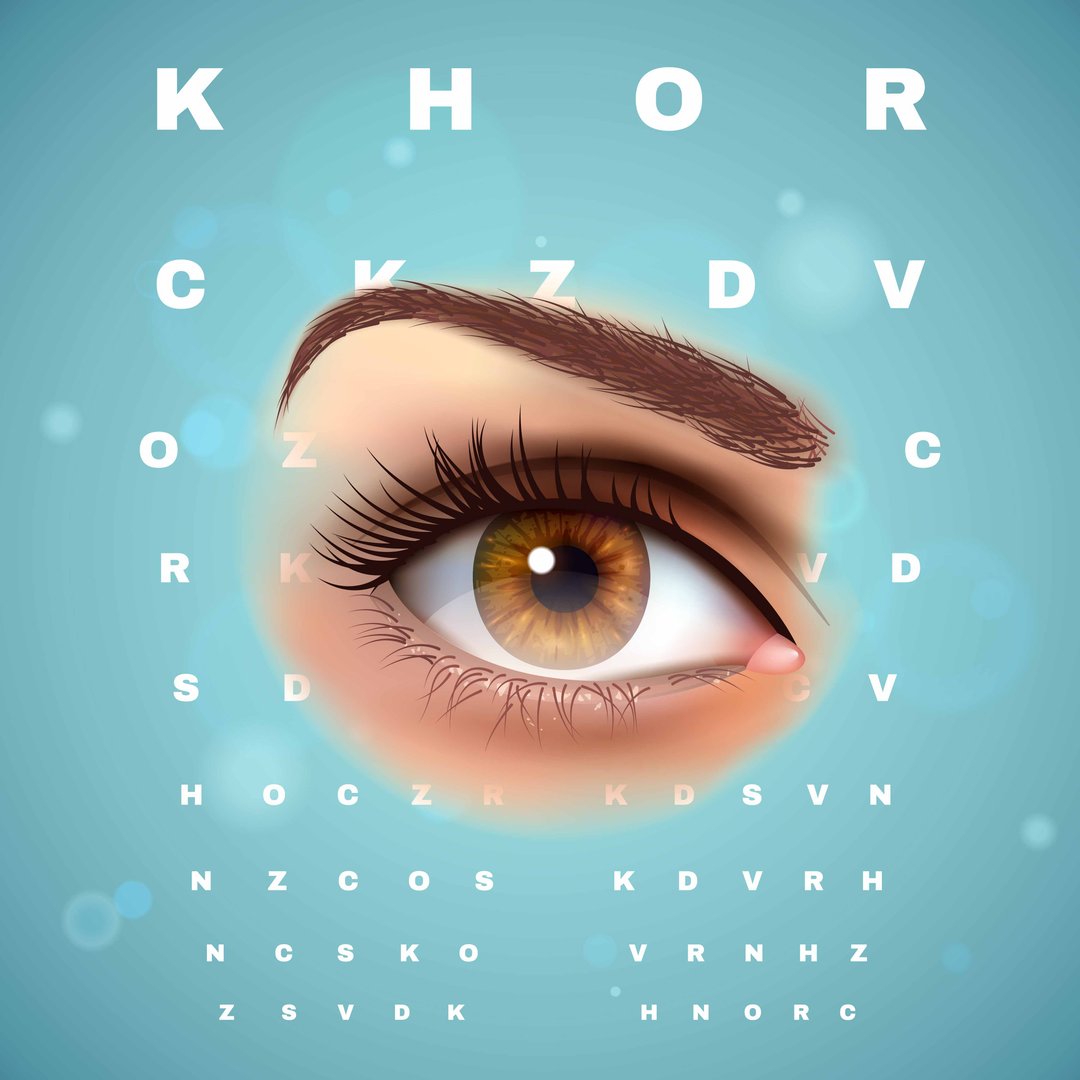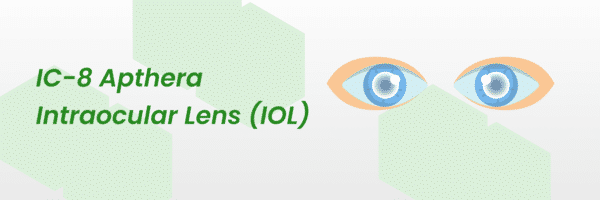What is a Macular Hole?
The macula, which is the center of the retina, is afflicted by a disorder called a macular hole. It is characterized by a microscopic tear or break in the macula, which can cause vision to become distorted or hazy.
Macular holes are a common finding in elderly people and can have a serious impact on central vision. But because of developments in medical technology, procedures like laser surgery can aid in eyesight restoration and enhance the quality of life.
Let’s examine the many ways to cure a macular hole that has returned.
What is laser surgery for a macular hole?
Macular hole repair, referred to as laser surgery for a macular hole, is an invasive operation used to fix the hole in the macula. A focused laser beam is used during surgery to burn a small area around the hole, stimulating the surrounding tissue to recover and close the hole. This encourages the development of new tissue and ensures the appropriate operation of the macula.
In many situations, laser surgery for macular holes can enhance eyesight and is often done as an outpatient procedure. Yet it's crucial to speak with an eye professional to learn whether this course of treatment is appropriate for your particular problem.
Seeking More options? We have got you covered. Keep reading to find out more.
Is laser surgery the only treatment option for a macular hole?
No, there are other ways to cure macular holes outside laser surgery. Depending on the extent of the macular hole and the specifics of each patient, there are other therapeutic options. Alternative macular hole treatments include the following:
Observation:
Small macular holes may not always need rapid repair, according to this observation. The ophthalmologist may decide to keep a close eye on the hole to see if it develops or stabilizes on its own.
The vitreous gel in the center of the eye is removed and swapped out for a gas bubble. The gas bubble aids in pushing the borders of the macular hole together and accelerating healing. For a predetermined amount of time, patients must stay face-down so that the gas bubble may push on the macula.
Medication:
Ocriplasmin, among other drugs, may be used to cure specific kinds of macular holes. An enzyme called ocriplasmin aids in the dissolution of the proteins that cause the hole to develop.
The size and stage of the macular hole, the patient's eye health, and the preferences of the ophthalmologist all play a role in the treatment decision. To choose the best course of therapy for your particular situation, you must speak with an eye professional.
Discover the possible issues during laser macular surgery.
What are the risks and complications associated with laser surgery for macular holes?
Even though laser surgery for macular holes is often regarded as safe and successful, there are always some dangers and side effects. The following are some potential dangers of laser treatment for macular holes:
Incomplete closure:
In rare circumstances, even receiving laser therapy, the macular hole may not heal. This may result in less-than-ideal visual results and call for extra actions.
Macular edema:
Macular edema, or macula swelling, can result during laser surgery. This may cause further therapy and decrease eyesight.
Retinal detachment:
Laser surgery can raise the chance of retinal detachment, which occurs when the retina separates from the underlying tissue, despite the condition being quite uncommon. Sudden light flashes, floaters, and a curtain-like shadow across the visual field are signs of retinal detachment.
Cataract formation:
In some circumstances, laser surgery to treat a macular hole might hasten the onset of cataracts. Vision blur is a result of cataracts, which cause the natural lens of the eye to become cloudy.
Infection or inflammation:
Following laser surgery, there is a danger of infection or inflammation, like with other surgical operations. These hazards can be reduced with appropriate postoperative care and following the surgeon's recommendations.
Before having laser surgery to treat a macular hole, it's crucial to go over these possible risks and side effects with your ophthalmologist. Based on your unique health and medical background, they will be able to provide you with a more thorough assessment of your own risks.
Tracing the path of recovery following macular hole laser surgery.
What is the recovery process like after laser surgery for a macular hole?
Here are some general things to think about in relation to the healing process following laser surgery for a macular hole:
Care after surgery:
Your ophthalmologist will give you detailed instructions on how to care for your eyes after surgery. which may include using prescription eye drops to lessen swelling and prevent infection. It's crucial that you follow these directions.
Rest and recovery:
Mild pain, redness, and impaired vision in the operated eye are frequent side effects following surgery. As the eye recovers, this ought to become better over time. For a few days, it is advisable to take it easy and stay away from demanding activities, or as prescribed by your doctor.
Positioning with your face down:
In some circumstances, your ophthalmologist may tell you to keep your face down for a certain period of time to speed up the healing process. For this, you might need to use specific equipment or cushions to support your face when you're lying down. For the best possible recovery, you must follow the recommended posture.
Follow-up visits:
To keep track of your development, your ophthalmologist will set up follow-up consultations. They will inspect the eye, test the healing progress, and decide whether any more treatments or interventions are required during these appointments.
Visual recovery:
The degree to which vision improves following laser treatment for a macular hole varies. While some patients may find instant improvement, others can advance over the course of several weeks or months. It's critical to set reasonable expectations and recognize that different people will have different outcomes.
Throughout the healing process, it's critical to keep the lines of communication with your ophthalmologist open. They will be able to provide you with individualized advice, solve any issues or challenges, and watch your general development toward regained eyesight.
Revealing the laser surgery's excellent success rates for treating retinal holes.
What are the success rates of laser surgery for macular holes?
Macular holes treated with laser surgery have a high percentage of success in sealing the hole while improving vision. The size and stage of the macular hole and the particular patient's eye health are two variables that might affect the success rates.
The success rate of laser surgery to fix macular holes lies between 60% and 90%. Macular holes tend to heal more when they are smaller and more recent than when they are bigger or more advanced.
It's crucial to remember that full vision restoration is not always guaranteed even after the macular hole has been closed.
Based on your individual circumstances, your ophthalmologist will be able to give a more precise evaluation of the anticipated success rate. They will take into account some variables and go over the advantages and disadvantages of laser surgery for your macular hole.
Analyzing the likelihood of a macular hole returning after laser treatment.
Can a macular hole recur after laser surgery?
Despite being quite uncommon, a macular hole may return following laser surgery. The likelihood of recurrence varies based on the size and stage of the first macular hole. The success of the initial operation, and the unique features of the patient.
After laser surgery, a macular hole could not completely shut or heal, which might cause a recurrence. This may happen due to reasons including insufficient sealing of the hole, continued pressure on the macula, or the emergence of more holes in the macular region.
Following laser surgery, more procedures may be required to correct a macular hole if it does return. Extra laser therapy, a vitrectomy with membrane peel, or other surgical procedures might all be included in these therapies.
It's essential to schedule routine follow-up visits with your ophthalmologist to track the healing process and look for any signs of recurrence. If a recurrence happens, they will be able to check your particular situation and offer suitable advice and treatment options.
References:







